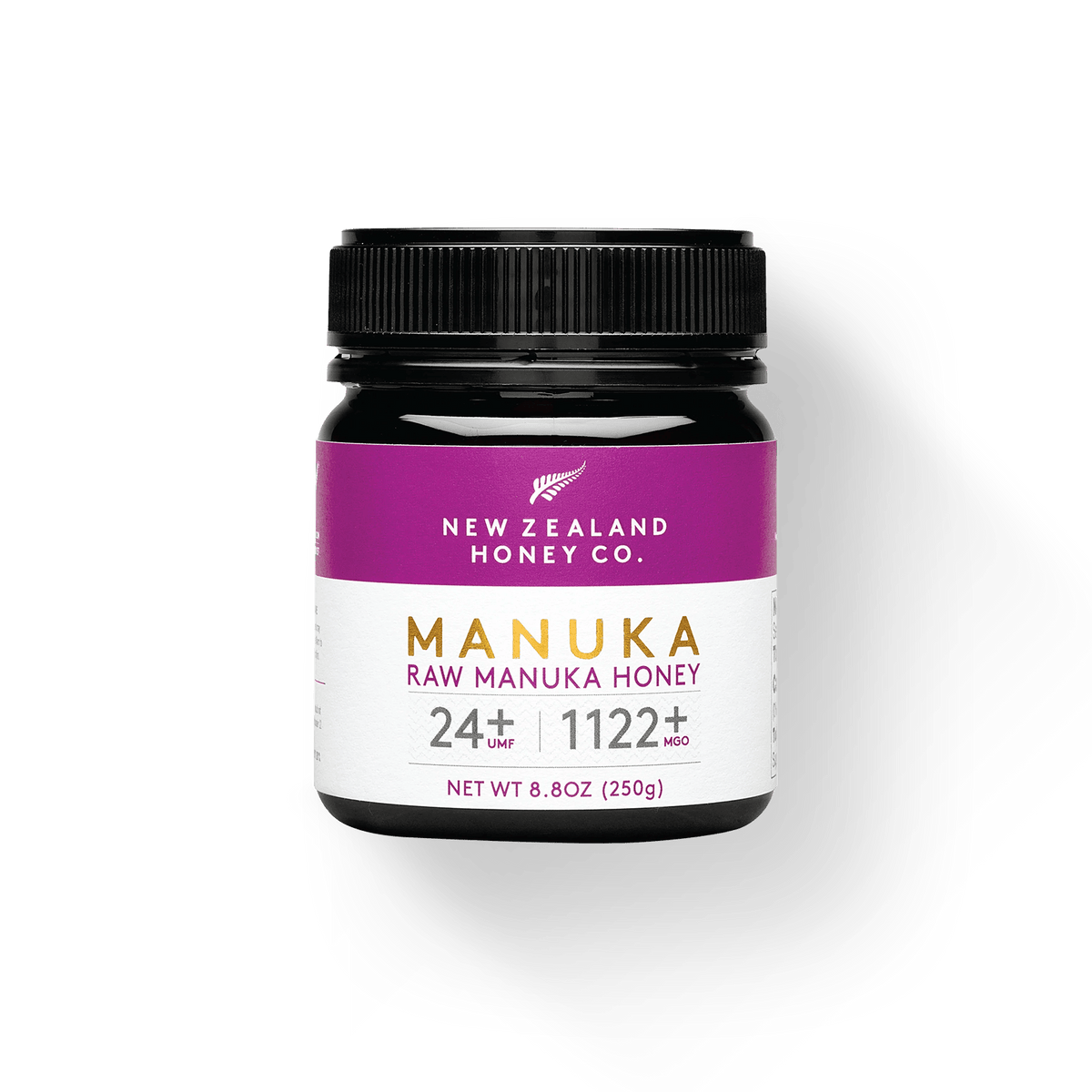World Bee Day 2021
World Bee Day is fast approaching and it’s our chance to give a shout-out to our partners. We are proud to be alongside the humble honey bee and their beekeeper counterparts.
World Bee Day was established by the United Nations to raise awareness of the importance of bees, and other pollinators, for the health of our planet and the people on it. In many countries, bee populations are rapidly declining because of disease, pesticides, climate change, and pests. In New Zealand, however, our Honey bee population is healthily inclining. According to the UN’s Food and Agriculture Organization¹, New Zealand is in seventh place, in the world, for bee population growth over the last decade.
Here are 6 things our pollinator friends contribute to our everyday lives and ways we can show some gratitude for their work:
1. They provide us with Micronutrient-rich food
Excluding rice, wheat, and potatoes, most food requires pollination. Many of the nutritious, micronutrient-rich foods like fruit, vegetables, seeds, nuts, and oils, however, wouldn’t exist without pollinators. Plants and pollinators have a mutual partnership. They need one another to survive and have evolved relying on one another with native, local plants being the ones that will be most adaptive to native bees². If we plant various native plants, which flower at different times throughout the year, this makes a big and positive difference for pollinators.
2. They give us honey!
Of the over 20,000 species of bees, surprisingly, only seven of them are honey bees³. These seven species of western honey bees work hard and produce almost 1.6 million tonnes of honey per year! This delicious product is a natural sugar alternative and has many health and wellness benefits such as aiding wound healing, soothing sore throats, and improve digestive symptoms⁴. Honey has even been dated back to the ancient Egyptians for its medicinal purposes⁵.
3. They have a great work ethic
A honey bee will generally visit 7,000 flowers a day, and it can take up to four million visits to a flower to produce a kilogram of honey. Each bee is part of a team, working together to support the growth and productivity of its hive. They do this to produce as much pollen as possible, while also pollinating various plant species.
With all the effort bees put into pollinating and honey production, they need to stay hydrated. You can help by leaving a clean, shallow bowl of water, with rocks or sticks in it so the bees have something to stand on, for much-needed rest and refreshment.
4. They make our foods taste better
When a plant is pollinated well, they produce larger, more uniform, tastier fruit and vegetables. Plants can gauge how much effort is required to produce a fruit or vegetable. If it hasn’t been well pollinated, the plant won’t necessarily take the time to produce the beautiful, tasty fruit or vegetables it can. A deformed apple, for example, could mean that the plant had a lack of or unbalanced pollination.
Try to avoid pesticides, fungicides, or herbicides as they kill pollinators and poison hives with contaminated nectar or pollen brought by bees from contaminated plants. Where possible, use natural alternatives in your gardens⁶ such as eggshells, garlic oil, and pine needles.
5. They increase food production and food security
In one study where pollination was well managed on multiple small farms, crop production increased by a median of 24%. Bees and other pollinators are improving the food production of 2 billion small farmers worldwide, helping to ensure food security for the world’s population.
Farmers can help by maintaining a habitat for bees to ensure pollination. Leave some areas of the farm as a natural habitat, with native plants that flower at various times of the year, and reduce your use of pesticides where possible.
6. They maintain biodiversity
Pollination is one of nature’s most important processes and contributes to the overall ecosystem with 90% of the world’s flowering plants being dependent on pollinators for reproduction⁷.
By being informed about our little buzzy friends, we can advocate on their behalf, which in turn will support our food production and global biodiversity. Happy World Bee Day!
If you would like to learn more about bees and beekeeping we have more information here⁸.
If you want to learn more about bee keeping and bees check out another
